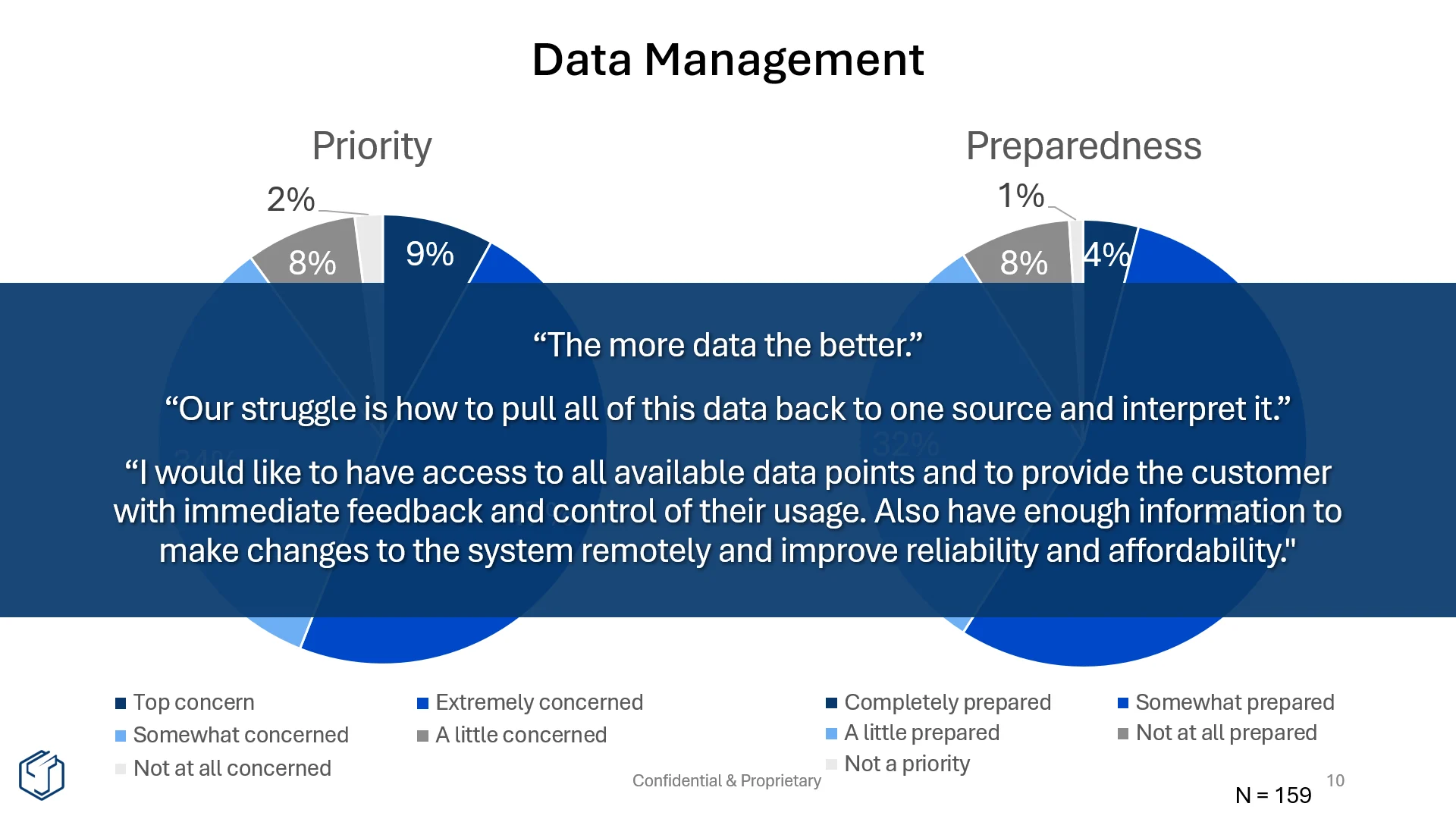by Peter Londa
One municipal utility in Texas devised a radically safer method to shed load using smart meters.
With the first of what might be numerous heatwaves this summer already threatening power grids in the western U.S., a single success story from Texas’ catastrophic winter freeze offers some valuable lessons for public power and electric cooperatives.
The storm that struck Texas in February of 2021 caused scores of deaths and billions of dollars in financial losses. But the City of Farmersville, about 45 miles northeast of Dallas, escaped virtually unscathed, thanks to its innovative use of smart meter capabilities. As record low temperatures caused numerous generating plants across the state to shut down on February 14, the city’s municipal utility began receiving orders from the Electric Reliability Council of Texas (ERCOT) in the middle of the night to shed load. “At first, I had no idea what they were talking about,” said Jeramy Jones, Electric Department Supervisor for the City, “because an issue like this had never happened before.”
When necessary, larger utilities typically use their supervisory control and data acquisition (SCADA) systems to shed load by switching off non-critical substation circuits and leaving power flowing to feeders that supply hospitals, emergency services and critical infrastructure. Due to its size (about 1,800 meters), Farmersville has limited SCADA capabilities across its distribution grid which is a common limitation among smaller municipal utilities in the United States. While Farmersville SCADA capabilities are limited, the utility deployed the Tantalus Utility Network (TUNet) with remote disconnect capabilities for every single meter deployed throughout its grid. Instead of sending crews out in the middle of the night to manually switch off substation circuits, Jones and the city manager quickly formulated a plan to rotate the disconnection of homes from power supply across their entire service area, thereby immediately shedding load in a controlled and equitable manner.
The Farmersville team shuffled every meter identifier on a spreadsheet and then began going down the list, turning off meters within their automated TUNet system and recording the shutoff time and duration. As ERCOT continued to call for utilities to dump more and more load as the winter storm progressed, Farmersville reduced their total load from 8.5 MW down to a low of 6 MW. They set aside a list of critical meters to leave powered, as well as a list of those meters powering streetlights, closed businesses, empty buildings and other locations that could remain unpowered without risking property damage, impacting security or threatening human life.
Necessity Gives Birth to Innovation
Jones and his colleagues took turns operating the Tantalus system to turn off the power to non-critical customers for about an hour at a time. “The process overlapped really well,” Jones said. “By the time you got through turning off about 200 meters, it was time to start turning on the ones that had been off previously. We rotated the delivery of power across our service territory for about four days straight to navigate impact from the storm.”
In the end, this intensive system transformed the utility’s approach to its traditional plan of switching off entire feeders. Instead of disconnecting entire areas, Farmersville was able to keep the lights on across its service territory while meeting ERCOT’s orders. Jones spoke with colleagues at other utilities who had turned off all non-critical feeders indefinitely, and still needed to find more load to shed. Cutting power to infrastructure like water lift stations and sewer pumps ultimately caused enormous damage across the state (alongside unintentional power losses due to downed power lines and other outages directly attributed to the weather). Furthermore, while some streets and Texas neighborhoods were without power for days, others that were on the same feeders as critical customers never lost power at all. The result was a highly dangerous and inequitable situation, as well as massive customer dissatisfaction.
Instead of simply shutting down entire feeders and impacting all meters, Farmersville shed more than 30% of their total load by leaving on critical meters and rotating the rest of their meter population for only brief and scheduled periods of time. With low temperatures reaching 4 degrees Fahrenheit, a handful of houses with exposed water lines still had pipes freeze and break, but the city suffered no major infrastructure damage, or loss of life. Because shutoffs were randomly distributed, it meant that even if a person’s home became too cold for them to bear or if they had medical equipment needs, they could go to the home of a neighbor, friend or family member who still had power.
Applying the Method to Heatwaves
During the freeze, Tantalus checked in on all of its Texas customers and learned what Farmersville was up to. In coordinating with Farmersville, Tantalus immediately had its engineers get to work writing new TUNet code that would automate the hourly shutoffs for Farmersville’s randomly generated meter groupings.
“Thanks to Farmersville innovate thinking, Tantalus is now able to help our entire user community prepare for similar load-shed events in the future, said Marc Semkow, Tantalus’ user Interface product manager at Tantalus.”
The hottest summer months are still ahead. Yet, grid operators in California and Texas have already urged customers to conserve energy to reduce strain on the systems and avoid outages, as air-conditioners work overtime to combat 100-plus degree temperatures. Should mandatory load-shed events occur this summer, utilities with robust smart meter capabilities can learn from Farmersville’s experience. “Going forward we’re in a good place to be able to handle something like that again,” Jones said. “We had maybe a half a dozen mistakes where a customer ended up being off for three or four hours before they called. But that was just human error on our part. We can eliminate that with automation, should we ever need it again.”
To prepare your utility for the unexpected with this innovative load-shed functionality contact Tantalus.





